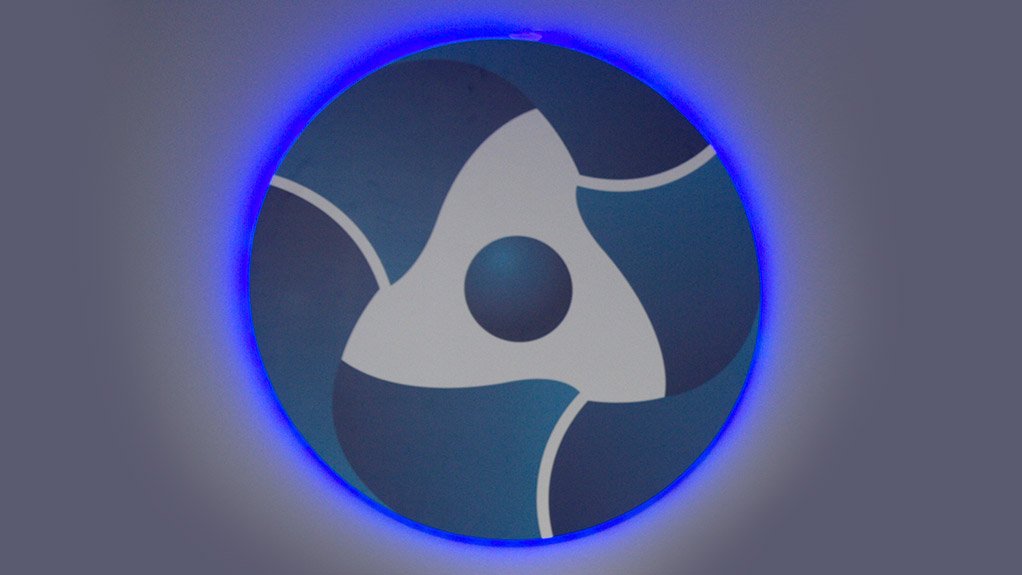Russian nuclear group Rosatom is confident that it could supply nuclear-generated electricity to the South African market from Generation III+ pressurised water reactors (PWR) at a price significantly below that of coal-, oil- or gas-generated electricity. Speaking exclusively to Engineering News Online on Friday, Rusatom International (a unit of Rosatom) regional VP: sub-Saharan Africa Viktor Polikarpov quoted figures released by authorities in India that power generated by a new generation Rosatom VVER nuclear power plant now operating in that country cost $0.06/kW. (VVER is the Russian designation for a PWR.)
“We can target a price of six [US] cents a kilowatt [in South Africa],” he affirmed. “Our electricity is a lot cheaper.” (The Indian figures showed that electricity generated by nuclear power plants designed and built by other nuclear companies produced electricity at prices ranging from $0.10/kW to $0.19/kW.)
“We are seriously considering South Africa as a potential market. We want to be here, we want to be in the market,” he said. Regarding baseload power, the country had two options. “Either you go with hydrocarbons or you go nuclear. Renewables can be part of the energy mix but they can’t close the gap of the huge amount of power the country requires today.”
Rosatom can offer, depending on South Africa’s requirements, either VVER-1000 or VVER-1200 reactor designs (The designations indicate roughly the output of the different types – the VVER-1000 is just below 1 000 MWe and the VVER-1200 just below 1 200 MWe). If South Africa keeps to its previous plan to acquire 9.6 GW of nuclear power (the Integrated Resource Plan is currently being revised and could cut this figure), then that could be met by eight VVER-1200s.
Currently, Rosatom is building 28 VVERs around the world and bidding on another 22. Currently, 72 nuclear power reactors are being constructed worldwide, meaning that the Russian group has almost 39% of the global new construction market.
Rosatom sees South Africa as a country with the expertise to properly evaluate nuclear technology and programme proprosals and as a country that is well developed and has a good industrial capability. “We see no problems in partnering with South African companies,” he assured.
In terms of executing a major new nuclear build programme in South Africa, Rosatom can offer three main alternatives. These are an engineering and procurement contract (as selected by China and Iran, for example); Rosatom becomes a shareholder in the project and owns part of the local nuclear generating company (as in the case of Finland); or a build, own and operate (BOO) project. Under the BOO model, Rosatom would finance the entire project and own and operate the nuclear power plants until the customer country repaid the Russian group.
EMAIL THIS ARTICLE SAVE THIS ARTICLE
To subscribe email subscriptions@creamermedia.co.za or click here
To advertise email advertising@creamermedia.co.za or click here











